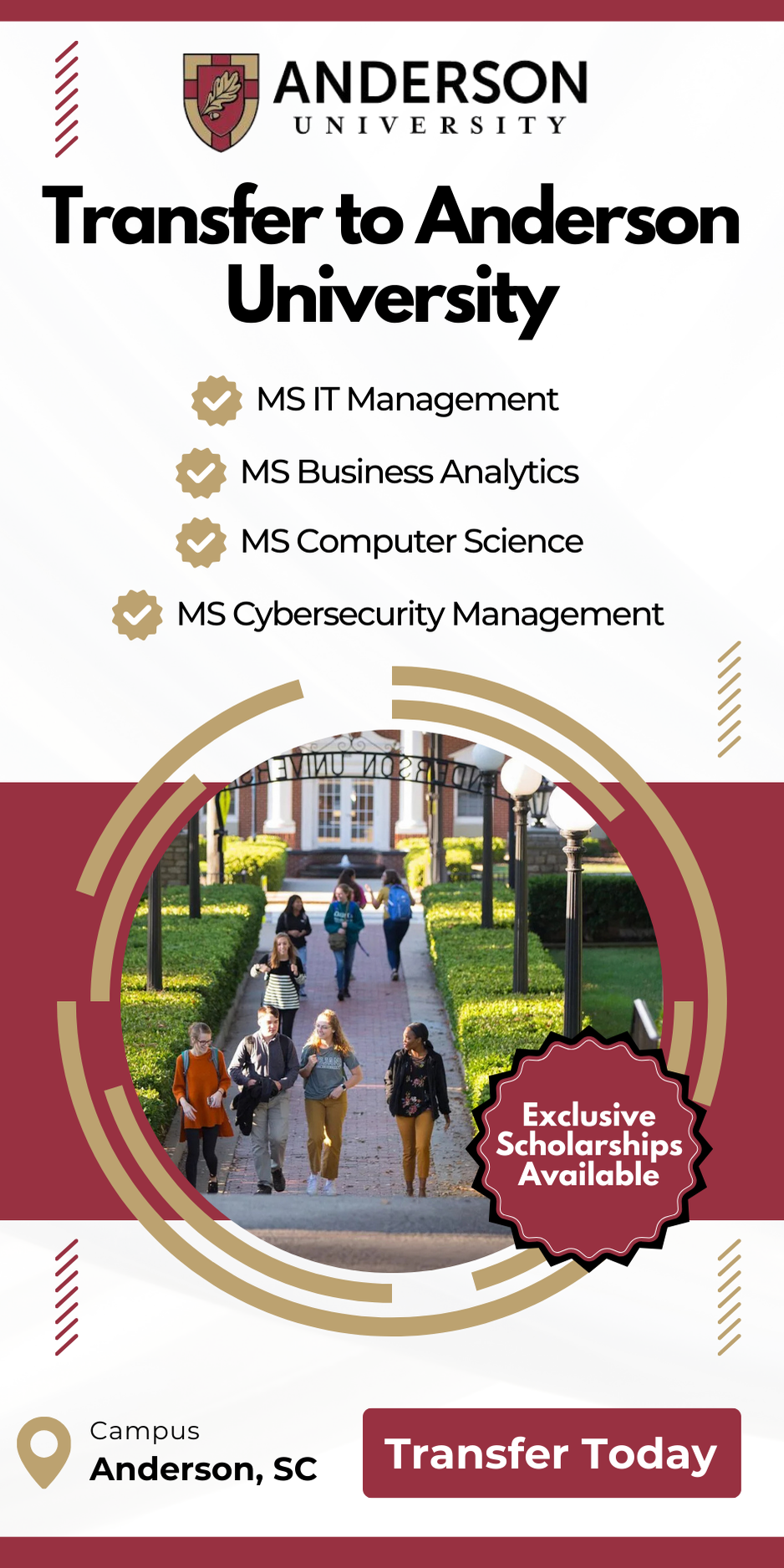Overview
As President Donald Trump prepares to re-enter the White House, a fierce debate about immigration policies has ignited a storm among his allies. The controversy, centered on the future of the H-1B visa program for skilled workers, has implications that extend far beyond the tech industry, potentially reshaping the lives of international students, H-1B holders, and their families on dependent visas like H-4 and F-2.
H-1B Visa Holders: A Battleground for Competing Priorities
The H-1B program, a lifeline for skilled workers, faces an uncertain future under the new administration. While Trump himself has shown mixed views—calling the program “great” yet advocating for tighter restrictions in the past—his base is divided. Hardline MAGA loyalists argue the visas harm American workers, while advisers like Elon Musk and Vivek Ramaswamy see them as essential for maintaining U.S. competitiveness.
Key Impacts on H-1B Holders:
- Employment Risks: Calls to overhaul the H-1B lottery system in favor of merit-based selection could create uncertainty for applicants and employers.
- Increased Scrutiny: Potential regulations may impose stricter requirements, delaying visa issuance and renewals.
- Industry Disruption: A reduced H-1B cap or restrictive policies could exacerbate labor shortages in industries like tech, undermining U.S. innovation.
International Students (F-1 Visa): Caught in a Policy Tug-of-War
International students, particularly those on F-1 visas, are also caught in the crossfire. Policy shifts could affect Optional Practical Training (OPT) opportunities, making the U.S. a less attractive destination for global talent.
Dependent Visas (H-4 and F-2): Families in Limbo
Families of H-1B and F-1 visa holders, on H-4 and F-2 visas, respectively, face their challenges. Changes to work authorization for H-4 visa holders could impact household incomes and overall family stability.
What This Means for the Future
This is a pivotal moment for the U.S. immigration system, with far-reaching consequences for those directly affected and the industries and communities that depend on them. As January 2025 approaches, the divide between innovation and isolationism grows sharper, leaving countless lives in balance.
People Also Ask (PAA):
- What changes are being proposed for the H-1B visa program?
- Potential reforms include shifting from a lottery-based system to merit-based selection and imposing stricter eligibility criteria.
- How might these changes affect international students on F-1 visas?
- Policy shifts could limit Optional Practical Training (OPT) opportunities, affecting post-graduation employment prospects.
- Will H-4 visa holders lose their work authorization?
- Work authorization for H-4 visa holders could be revoked, impacting families relying on dual incomes.
- How do these policy debates impact the tech industry?
- Restrictive visa policies could lead to talent shortages in the tech industry, hindering innovation and competitiveness.
- What is the stance of tech leaders like Elon Musk on H-1B visas?
- Elon Musk supports the H-1B program, emphasizing the need for top global talent to maintain U.S. competitiveness.
- Why are some MAGA supporters opposed to the H-1B program?
- Some believe the H-1B program takes jobs away from American workers and suppresses wages.
- What alternatives exist for skilled workers if H-1B visas are restricted?
- Alternatives include O-1 visas for individuals with extraordinary ability and L-1 visas for intracompany transferees.
- How might changes to immigration policies affect U.S. universities?
- Stricter visa policies deter international students, decrease enrollment, and create financial challenges for universities.
- What steps can affected individuals take in response to these potential changes?
- Staying informed, consulting immigration experts, and exploring alternative visa options are advisable.
- How do these immigration debates reflect broader societal issues?
- The debates highlight tensions between globalization and nationalism, as well as economic interests and cultural identity.
For comprehensive guidance and support on navigating these complex immigration challenges, visit cpthunt.org, your trusted resource for up-to-date information and assistance.
Conclusion
The future of U.S. immigration policies under Trump’s second term remains uncertain, with potential changes to H-1B, F-1, H-4, and other visa categories sparking widespread concern among Indian professionals, international students, and tech industry leaders. While some argue for stricter regulations to protect American jobs, others emphasize the need for skilled foreign talent to maintain U.S. economic and technological competitiveness.
As these debates unfold, H-1B visa holders, students, and their families must stay informed, explore alternative visa options, and plan proactively to navigate potential policy shifts. Employers and universities may also lobby for policies that support a stable and skilled workforce. Still, changes to work authorization, visa processing, and immigration pathways could reshape the landscape for qualified professionals in the U.S.
Key Takeaways for Affected Visa Holders:
- H-1B holders should monitor potential changes to visa caps, merit-based selection, and employer sponsorship rules.
- H-4 visa holders should prepare for possible work authorization restrictions and explore alternative employment options.
- International students (F-1) should be aware of potential limits on OPT and CPT opportunities and plan accordingly.
- Tech companies and U.S. universities may push back against restrictive policies to maintain access to top global talent.
- Seeking legal counsel and staying updated on USCIS announcements is crucial for securing employment and residency in the U.S.
The immigration landscape may change rapidly, but by staying informed, preparing documentation, and understanding visa alternatives, individuals can navigate these shifts strategically and safeguard their future in the U.S.
For real-time immigration updates, expert legal guidance, and personalized assistance, visit cpthunt.org—your trusted source for navigating U.S. work visas and immigration policies!

